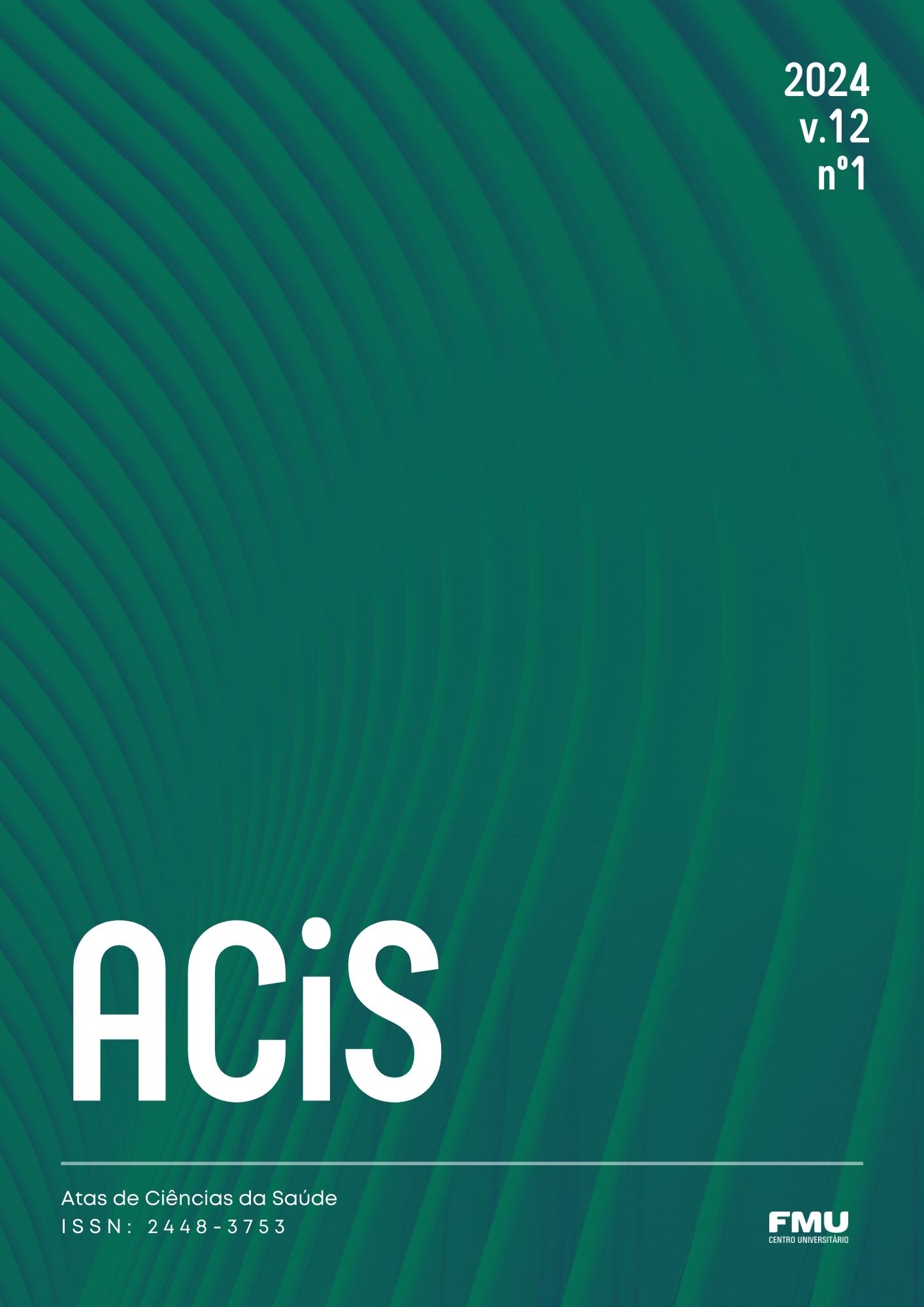Attitudes toward abortion: a population-based study in Brazil
Abstract
Bioethics plays a fundamental role in addressing ethical issues related to the health and life sciences. The main objective of this research was to investigate the public's knowledge and receptiveness regarding the bioethics of abortion through a questionnaire. The study examined public receptiveness to abortion bioethics using an online questionnaire with 367 participants, primarily young females, single, and with higher education. The results indicate that opinions on abortion vary based on religion and education. Deists are more likely to support abortion in any situation, while Catholics tend to oppose it. The majority of participants believe that the decision should be made by the woman, with significant gender differences. The research highlights the influence of education and religious beliefs on abortion opinions, emphasizing the complexity of the issue. This underscores the importance of addressing the abortion topic with sensitivity and considering the diversity of perspectives and sociodemographic influences. The complexity of the subject and the different perspectives presented underscore the importance of approaching the abortion issue with sensitivity, respecting diverse opinions, and considering the influence of sociodemographic and religious factors on public attitudes.
Published
Issue
Section
License
Copyright (c) 2024 Marcela Lorrany Serafim Silva , Pablo Tony dos Reis Bueno , Saulo Gonçalves Pereira, Hugo Christiano Soares Melo

This work is licensed under a Creative Commons Attribution-NonCommercial 4.0 International License.
Autores que publicam nesta revista concordam com os seguintes termos:
- Autores mantém os direitos autorais e concedem à revista o direito de primeira publicação, com o trabalho simultaneamente licenciado sob a Licença Creative Commons Attribution que permite o compartilhamento do trabalho com reconhecimento da autoria e publicação inicial nesta revista.
- Autores têm autorização para assumir contratos adicionais separadamente, para distribuição não-exclusiva da versão do trabalho publicada nesta revista (ex.: publicar em repositório institucional ou como capítulo de livro), com reconhecimento de autoria e publicação inicial nesta revista.
- Autores têm permissão e são estimulados a publicar e distribuir seu trabalho online (ex.: em repositórios institucionais ou na sua página pessoal) a qualquer ponto antes ou durante o processo editorial, já que isso pode gerar alterações produtivas, bem como aumentar o impacto e a citação do trabalho publicado (Veja O Efeito do Acesso Livre).





